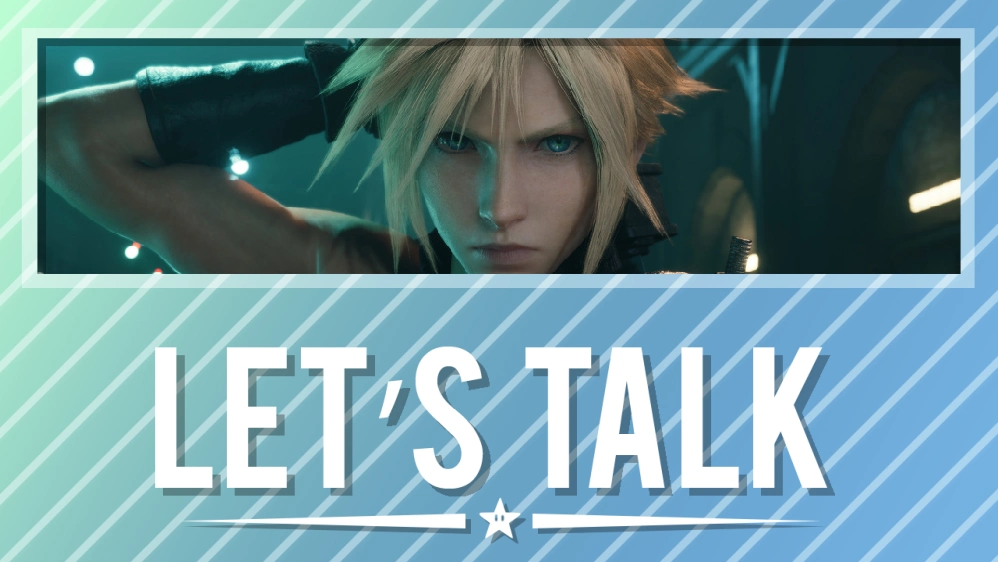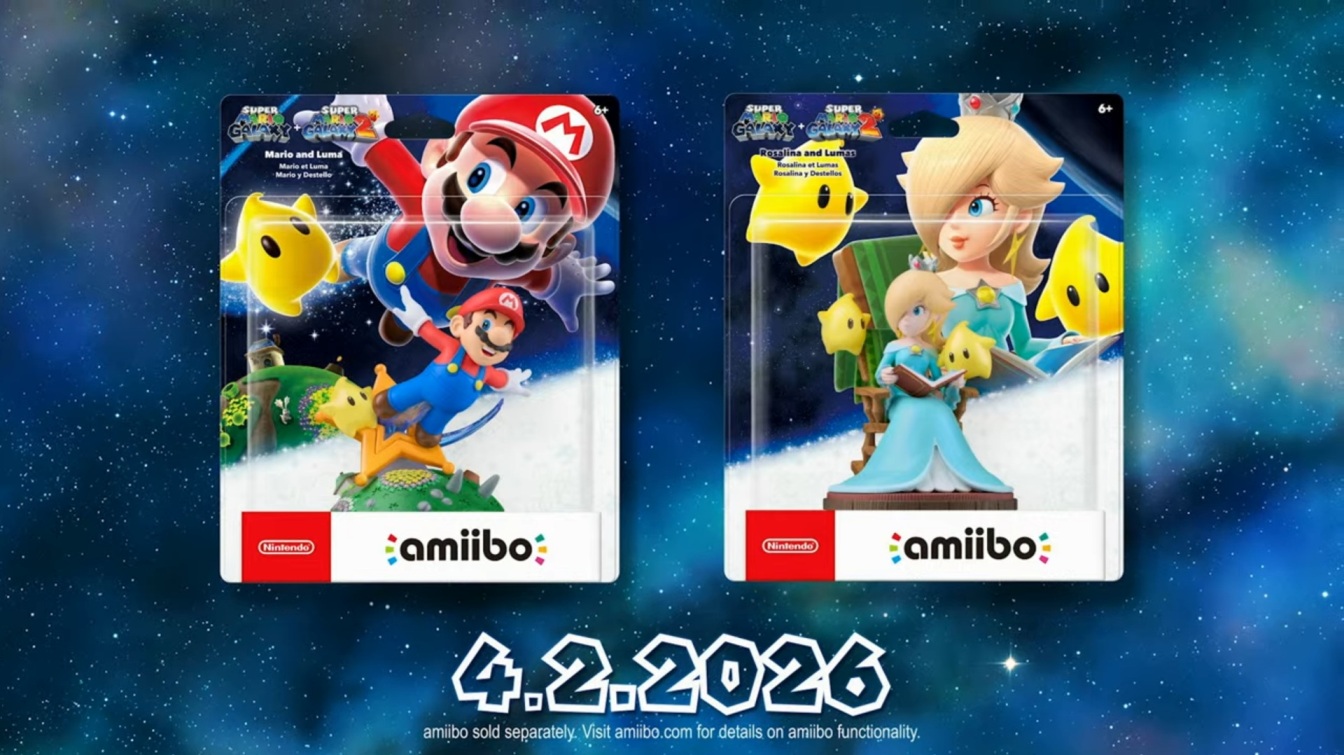AI technology continues to make significant strides in the gaming world, this time turning its attention to one of Nintendo’s most beloved classics.
A recent project led by independent developer LF_MrL314 has showcased LuEAgi—an artificial intelligence program designed specifically to learn and play Super Mario Kart on the originally released Super Nintendo Entertainment System (SNES).
By leveraging an evolutionary algorithm, LuEAgi is demonstrating how advanced AI concepts can be applied to retro gaming, offering fresh insight into both AI development and Nintendo’s enduring hardware.
Super Mario Kart, originally released by Nintendo for the SNES in 1992, kicked off one of the most successful franchises in video game history.
The game's complex handling, challenging track layouts, and competitive multiplayer modes have made it a staple on various Nintendo platforms, from the original SNES to appearances on the Nintendo Switch’s eShop.
Now, over thirty years later, Super Mario Kart is seeing renewed attention—not from new players, but from AI-driven learning algorithms. According to LF_MrL314, LuEAgi "learns to play Super Mario Kart with minimal information via an evolutionary algorithm," and the project is notably running on authentic SNES hardware rather than emulation or modern platforms.
This approach means the artificial intelligence is not just computing in a modern environment but is truly interacting with the limitations and nuances of the original Nintendo console.
The developer shared that LuEAgi repeatedly attempts tricky corners on the track, refining its technique incrementally through trial and error—a hallmark of evolutionary algorithm methodology. Demonstration footage provides a fascinating look at the process as LuEAgi methodically navigates the same challenging turns on a Super Mario Kart track.
Each attempt, whether successful or not, feeds new data into the algorithm, improving its decision-making over time.
While early runs reveal the AI’s struggle, persistent iteration shows visible progress, reflecting the evolutionary algorithm’s core principle: gradual improvement through repetition and variation. AI-driven game development and self-learning algorithms are becoming increasingly relevant across the industry, as evidenced by their integration into game testing, procedural generation, and even live gameplay.
Nintendo’s legacy hardware, such as the SNES, offers fertile ground for such experimentation.
Projects like LuEAgi highlight how classic titles on decades-old platforms continue to inspire technological innovation today. The resonance of Super Mario Kart on SNES stands as a testament to Nintendo’s lasting influence and the adaptability of its games.
As LuEAgi inches closer to mastering the iconic racing game, it underscores the potential of combining classic game design with modern artificial intelligence.
Observers and fans of both AI technology and retro games can follow the project's ongoing development online, where each milestone marks another chapter in the fusion of gaming history and computer science advancement. Stay tuned to Nintendo news outlets and developer channels for future updates on LuEAgi’s progress as it races toward Super Mario Kart mastery on the SNES.
A recent project led by independent developer LF_MrL314 has showcased LuEAgi—an artificial intelligence program designed specifically to learn and play Super Mario Kart on the originally released Super Nintendo Entertainment System (SNES).
By leveraging an evolutionary algorithm, LuEAgi is demonstrating how advanced AI concepts can be applied to retro gaming, offering fresh insight into both AI development and Nintendo’s enduring hardware.
Super Mario Kart, originally released by Nintendo for the SNES in 1992, kicked off one of the most successful franchises in video game history.
The game's complex handling, challenging track layouts, and competitive multiplayer modes have made it a staple on various Nintendo platforms, from the original SNES to appearances on the Nintendo Switch’s eShop.
Now, over thirty years later, Super Mario Kart is seeing renewed attention—not from new players, but from AI-driven learning algorithms. According to LF_MrL314, LuEAgi "learns to play Super Mario Kart with minimal information via an evolutionary algorithm," and the project is notably running on authentic SNES hardware rather than emulation or modern platforms.
This approach means the artificial intelligence is not just computing in a modern environment but is truly interacting with the limitations and nuances of the original Nintendo console.
The developer shared that LuEAgi repeatedly attempts tricky corners on the track, refining its technique incrementally through trial and error—a hallmark of evolutionary algorithm methodology. Demonstration footage provides a fascinating look at the process as LuEAgi methodically navigates the same challenging turns on a Super Mario Kart track.
Each attempt, whether successful or not, feeds new data into the algorithm, improving its decision-making over time.
While early runs reveal the AI’s struggle, persistent iteration shows visible progress, reflecting the evolutionary algorithm’s core principle: gradual improvement through repetition and variation. AI-driven game development and self-learning algorithms are becoming increasingly relevant across the industry, as evidenced by their integration into game testing, procedural generation, and even live gameplay.
Nintendo’s legacy hardware, such as the SNES, offers fertile ground for such experimentation.
Projects like LuEAgi highlight how classic titles on decades-old platforms continue to inspire technological innovation today. The resonance of Super Mario Kart on SNES stands as a testament to Nintendo’s lasting influence and the adaptability of its games.
As LuEAgi inches closer to mastering the iconic racing game, it underscores the potential of combining classic game design with modern artificial intelligence.
Observers and fans of both AI technology and retro games can follow the project's ongoing development online, where each milestone marks another chapter in the fusion of gaming history and computer science advancement. Stay tuned to Nintendo news outlets and developer channels for future updates on LuEAgi’s progress as it races toward Super Mario Kart mastery on the SNES.






